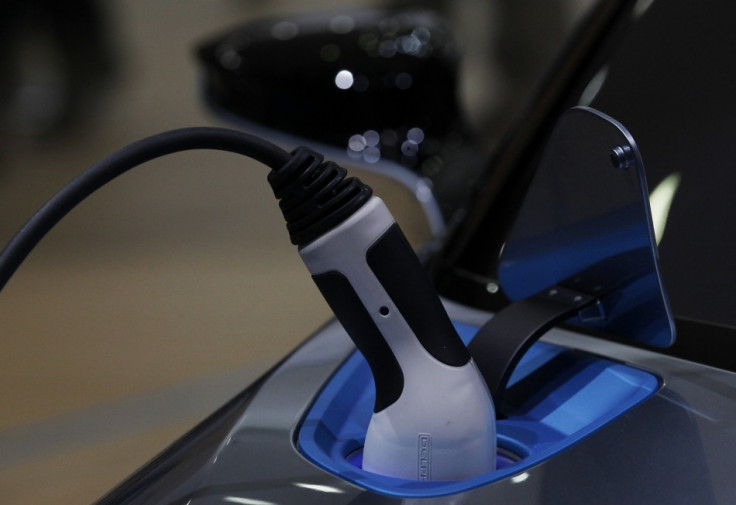UK Government Spending £500m on Green Car Investments Confirms Clegg

Deputy Prime Minister Nick Clegg has announced that the government is poised to spend £500m on "green" cars over the next five years.
The investment will be greeted with open arms by environmentalists as the government attempts to bolster the low emissions vehicle industry.
Visiting the Transport Research Laboratory in Wokingham, Clegg said: "Our economy is growing thanks to sectors like our thriving automotive industry that are helping repair and rebalance the economy, building a fairer society for this generation and the next.
"The UK has the potential to emerge as a world leader in the development, design and manufacture of green vehicles. Owning an electric car is no longer a dream or an inconvenience. Manufacturers are turning to this new technology to help motorists make their everyday journeys green and clean."
The half a billion pound spend will happen between 2015 and 2020 and much of the investment will go on necessities to make the industry succeed, such as more public chargers and research grants to support development.
However, £200m (€242m, $336m) of the investment will continue to go towards a £5,000 grant for every new ultra-low emission vehicle purchased.
Green vehicles have had a mixed reception since their introduction to the market: drivers cite high purchase prices and the struggle to find chargers.
The new investment will bolster the already in-place agreement that exempts green cars from road tax and the congestion charge in London.
Mike Hawes, chief executive of the Society of Motor Manufacturers and Traders, told the Financial Times: "The move towards a low-carbon vehicle future must be built around the three pillars of consumer incentives, strategically focused infrastructure and increased leverage for R&D support.
"This funding package will help secure additional private sector investment, but more needs to be done to support academic research in this area – as well as developing the skills that will be essential if the UK is to become a global leader in ultra-low emission technologies."
© Copyright IBTimes 2025. All rights reserved.






















